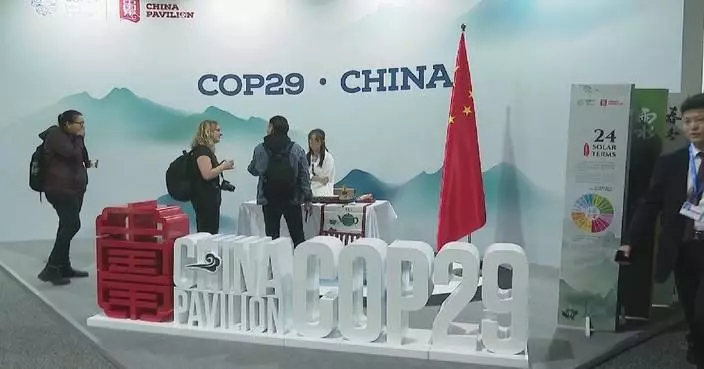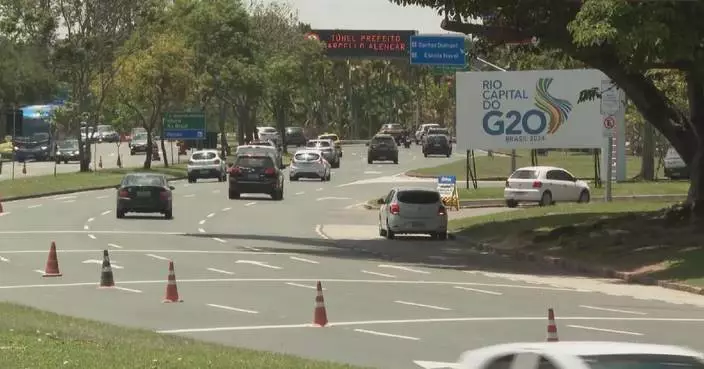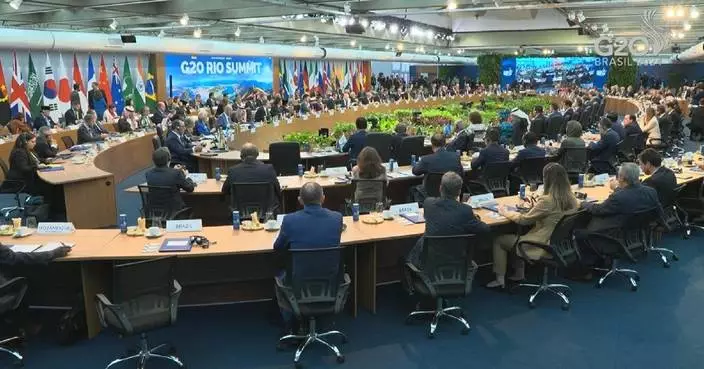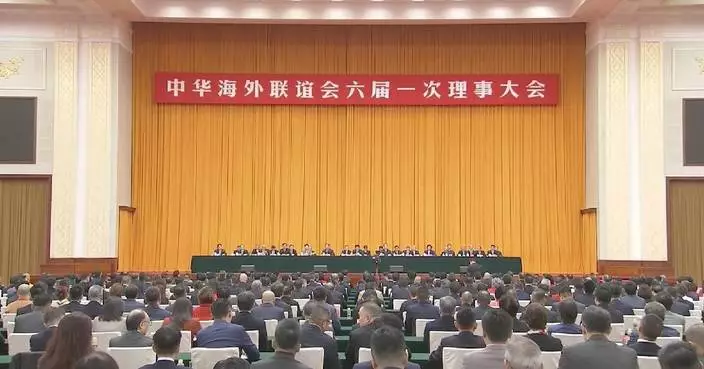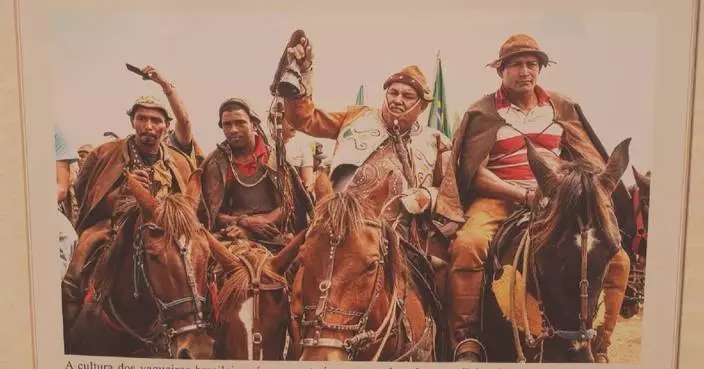An increasing number of developing countries have played an leadership role in global economic governance, which helps to promote South-South cooperation and address key development issues, including poverty, said a United Nations official.
Dima Al-Khatib, director of the United Nations Office for South-South Cooperation (UNOSSC), said the rise of developing countries is conducive to achieving the UN 2030 Agenda for Sustainable Development while sitting for an exclusive interview with China Global Television Network (CGTN).
"We have seen also that developing countries have been assuming leadership roles in terms of global economic governance, and now hosting and chairing meetings of the Group of 20. Whether it was Indonesia in 2022, or India in 2023, Brazil in 2024, South Africa coming up. So such leadership provides also developing countries an opportunity to take a pivotal role in advancing and in advocating for South-South cooperation, and voice the interests of the Global South to address poverty alleviation but also to address the achievement of the 2030 Agenda," she said.
She also said that going through crises or difficulties has made people more eager to cooperate.
"South-South cooperation has been on the rise. We've seen an increasing trend of cooperation, specially during the time of crisis, specially during the time of trying to address those extremely complex development issues. According to the latest report of the UN Secretary General on South-South cooperation, we've also seen requests from the UN member states to the United Nation's system, with an increasing trend if you will," she said.
Eradicating extreme poverty for all people everywhere by 2030 is a pivotal goal of the 2030 Agenda for Sustainable Development. Extremely poverty has witnessed remarkable declines over recent decades but the emergence of COVID-19 marked a turning point, reversing these gains.
An estimated 7 percent of the global population - around 575 million people - could still find themselves trapped in extreme poverty by 2030, according to Dima Al-Khatib.
"The countries of the South or the Global South still are grappling from the socio-economic implication from the pandemic, the COVID-19 pandemic, which has put pressure on the countries and kind of deviate the attention of the countries from other sectors that are also as important. There are still a multiplicity of interconnected issues ranging from food security issues, climate issues and economic issues. I mean, today, as we speak, there's a projection that by the end of this decade, there will still be 575 million people who will be living in extreme poverty. So that gives you a sense of the scale," she said.
The 19th G20 Summit opened on Monday in Brazil's Rio de Janeiro' with the launch of a global alliance to combat poverty and hunger. The alliance not only promotes South-South cooperation, but also strengthens solidarity and partnership among developing countries in overcoming difficulties and achieving sustainable development.
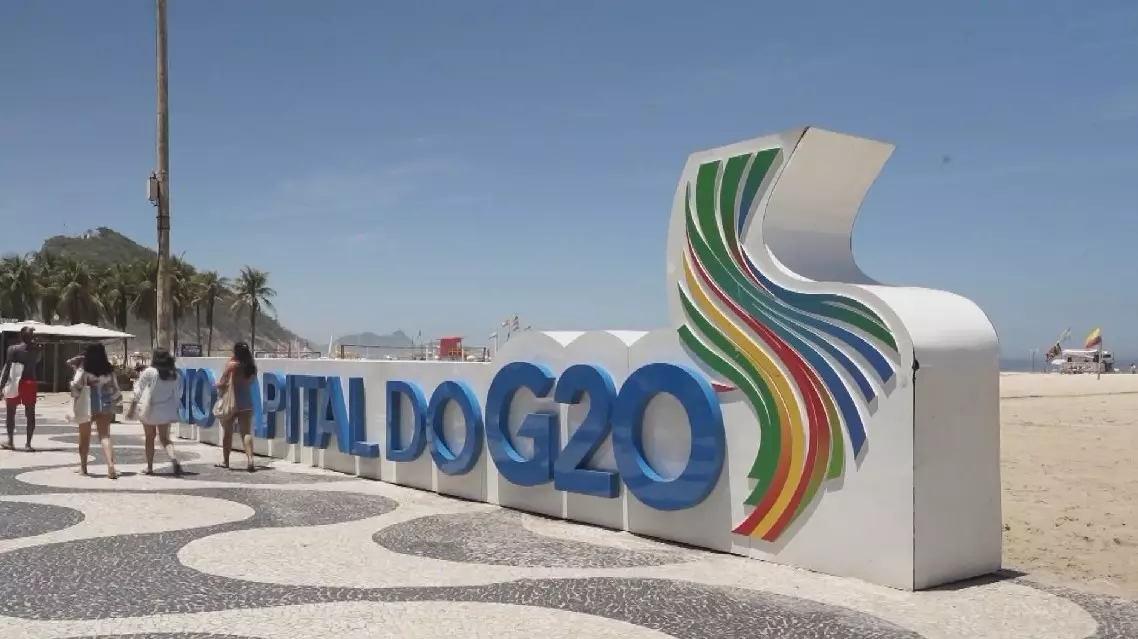
Developing countries play growing leadership roles in global economic governance: UN official
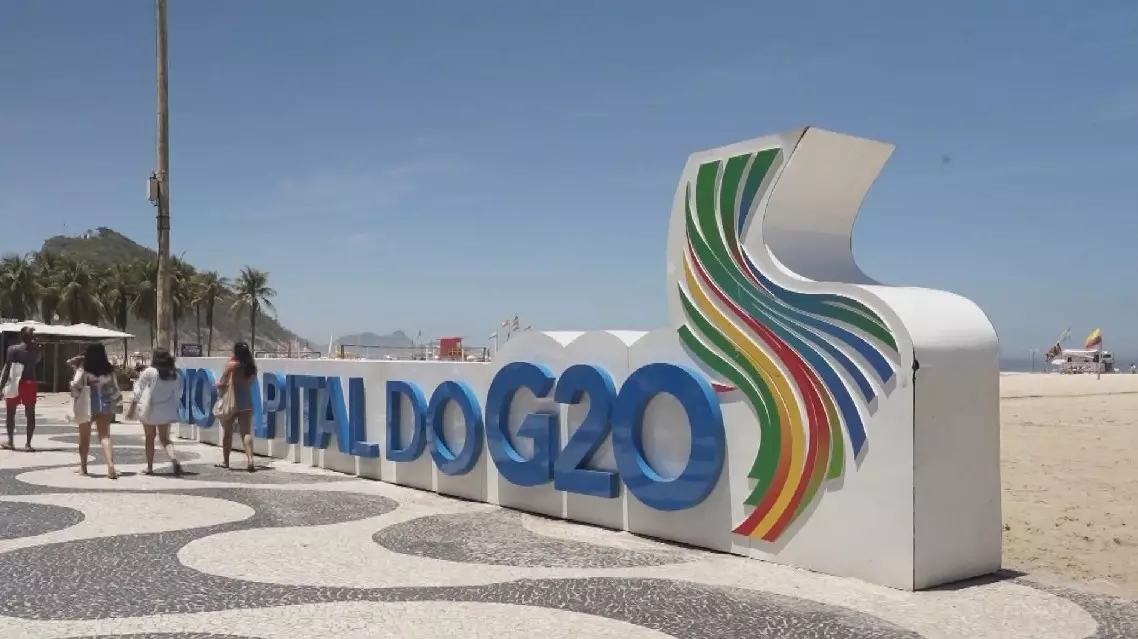
Developing countries play growing leadership roles in global economic governance: UN official



